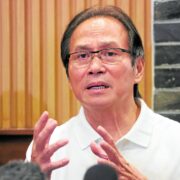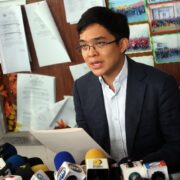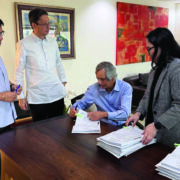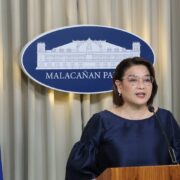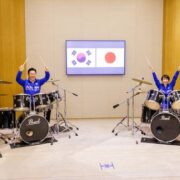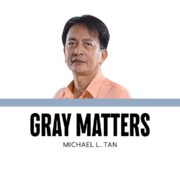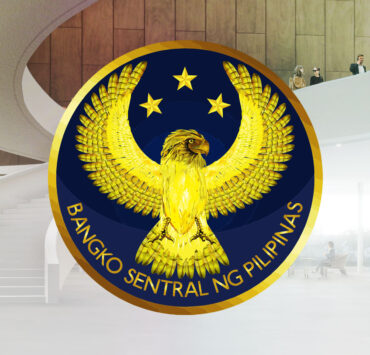No lack of optimism now
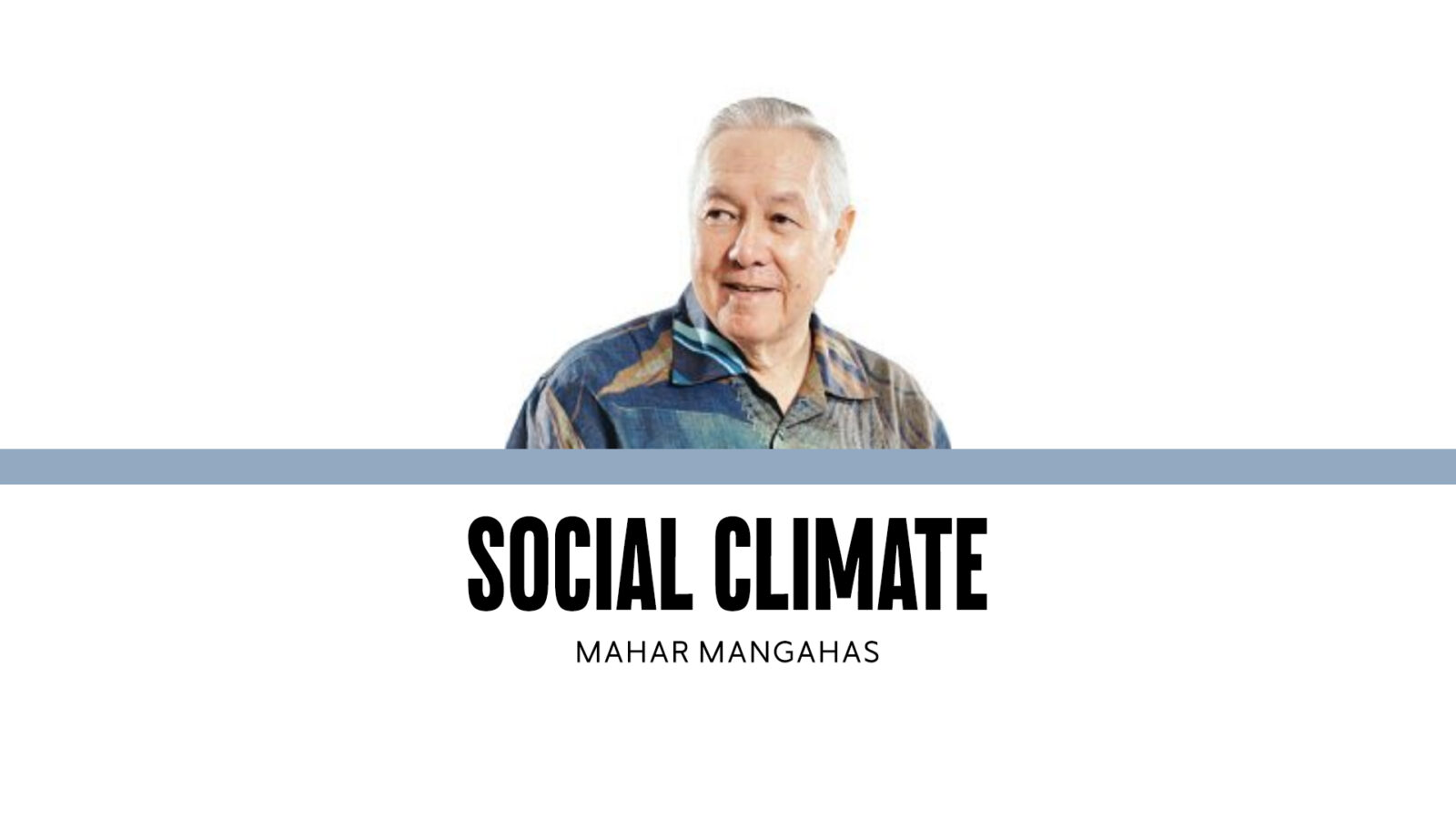
Yes, our country has so many problems. But, at this time, there is no problem with the people’s optimism—see “Second Quarter 2025 Social Weather Survey: 47 percent of adult Filipinos say their Quality of Life will improve in the next 12 months” (www.sws.org.ph, 9/12/25). With only 5 percent expecting their uri ng pamumuhay to worsen, the latest net optimism is +41 (correctly rounded), which SWS rates as excellent (+40 and up). By the way, the missing balance from 100 percent is due to those expecting no-change (37) and those not answering (11).
Personal optimism is a very old SWS indicator. When first surveyed, in April 1984, optimism was 26 percent and pessimism was 30 percent, or a dour net -4, which we now call low (from -9 to 0). When next surveyed, in July 1985, optimism already outpointed pessimism, 30 to 20, or net +10, which we call Fair (+10 to +19). There were only two “O-P” surveys in the time of Ferdinand Marcos, Sr. Pessimism did not rule again until 1999, three presidents later. (This narration of a 164-survey history uses the presidents for time reference only, and does not assign them either credit or blame for the people’s expectations.)
The third O-P survey was in May 1986, under Corazon Aquino. It found net optimism at +31 = 40 – 9, which we call very high. The net score climbed further to +35 in March 1987, just after the ratification of the Constitution, but dropped sharply to +7 that October, after the failed coup attempt in August. (Feel free to ignore my comments, dear reader, if you prefer other explanations.)
In 13 surveys of Cory’s time, O-P was very high (+30 to +39) twice, high (+20 to +29) five times, fair (+10 to +19) three times, and mediocre (+1 to +9) three times, including the +7 bottom; it ended at a high +22. Its peak of +35 was the record high until 2010.
In the time of Fidel Ramos (1992 to 1998), the Social Weather Surveys became a quarterly; they were done 26 times. O-P started at a very high +33. Its low point was a mediocre +6 (October 1995). It was never negative. It was very high twice, high 13 times, fair 10 times, and mediocre once, and ended at a high +23.
In Joseph Estrada’s time (1998 to 2000), the first O-P score was a high +26; but then it went downhill. The next four scores, up to June 1999, were fair. From October 1999, it was mediocre three times, low three times, and very low (-10 or less) once, namely its record low -13 in October 2000, after the “jueteng-gate” affair. The final score, in December 2000, was zero.
In the time of Gloria Macapagal Arroyo (2001 to 2010), O-P started at a mediocre +4 (January 2001), but quickly rose to a high +24 (February 2001). Then it faltered to fair levels at best, hitting bottom at a very low -13 (March 2005). It reached the +20s again only in late 2006, after five years. It was high eight times, fair 15 times, mediocre 14 times, low four times, and very low twice. Interestingly, its peak +36 (very high) came at the very end, in June 2010.
The time of strong and steady personal optimism started under Benigno Aquino III (2010 to 2016) whose first O-P was a very high +32. The least O-P in his time was a high +24. The O-P record high was repeatedly reset, at +37 in March 2015, then at +40 (the first-time Excellent) in December 2015, and also March 2016, and then at +46 in June 2016, the final survey of his time.
Personal optimism continued under Rodrigo Duterte (2016 to 2022), opening with +43 in September 2016. Twelve of the first 14 O-Ps were Excellent; it reached +47 in March 2019, the all-time high as of now. The pandemic was a gloomy episode, as O-P sank to its all-time low -19 in May 2020. Thankfully, it recovered with +35 in November 2020, and closed at +42 in June 2022.
The people’s optimism has continued under Ferdinand R. Marcos, Jr. (2022 to 2028), with O-P at +40 in October 2022. Its peak so far was +44 in both December 2022 and January 2025. Its low so far was +37 in March 2024.
The people’s personal expectations are part of their well-being. Sometimes they are affected by the states of governance and politics. But often they are not.
Dr Mahar Mangahas is a multi-awarded scholar for his pioneering work in public opinion research in the Philippines and in South East Asia. He founded the now familiar entity, “Social Weather Stations” (SWS) which has been doing public opinion research since 1985 and which has become increasingly influential, nay indispensable, in the conduct of Philippine political life and policy. SWS has been serving the country and policymakers as an independent and timely source of pertinent and credible data on Philippine economic, social and political landscape.




